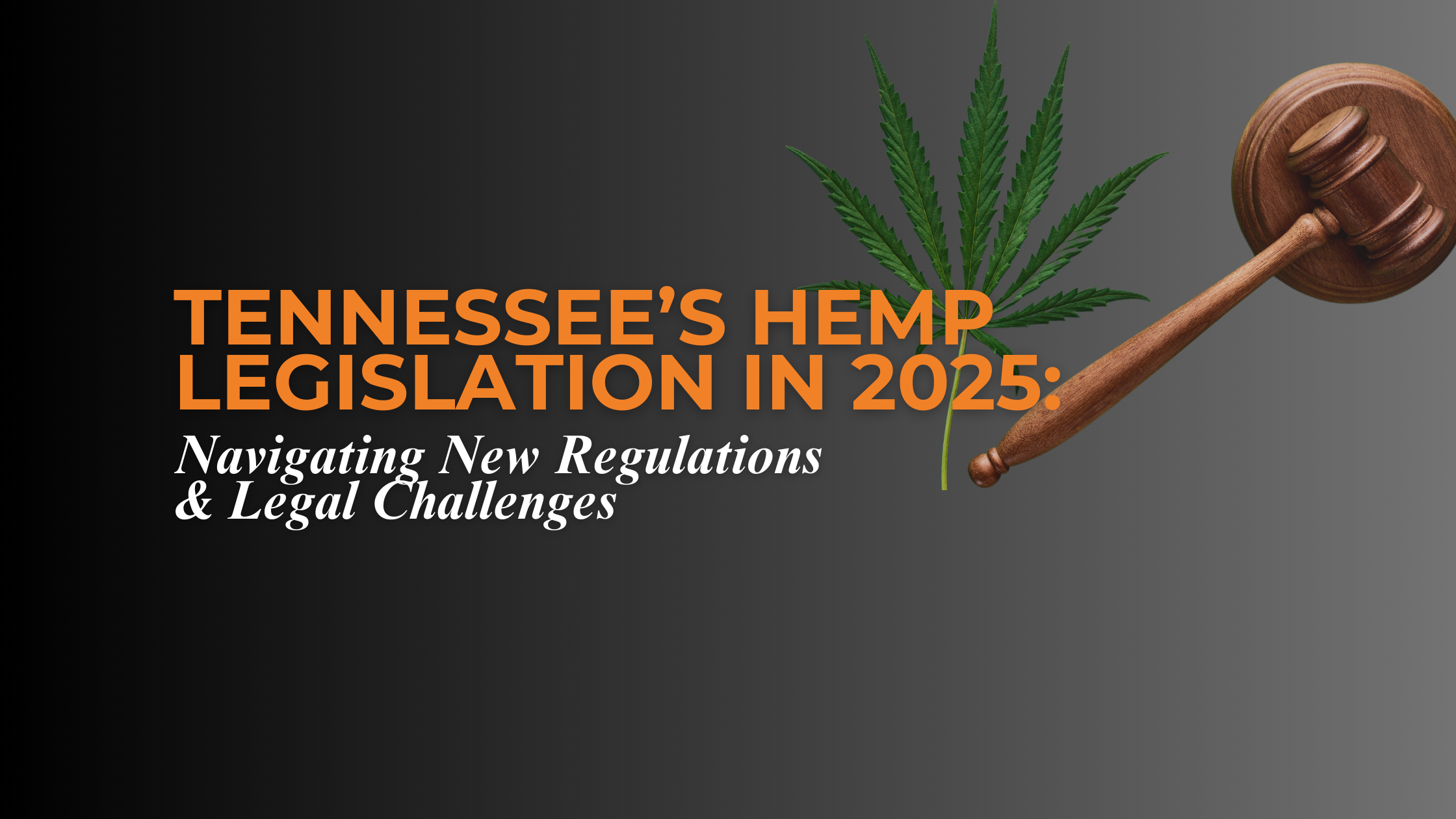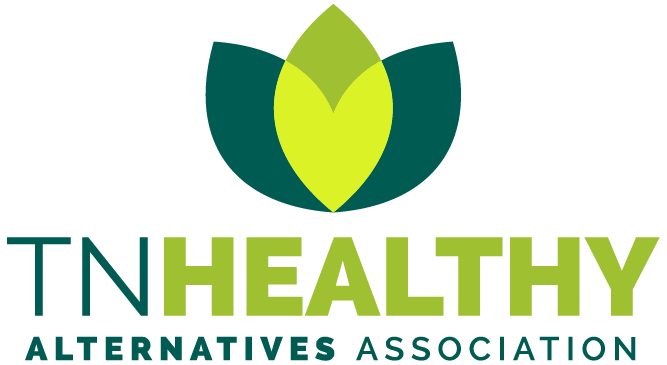
Tennessee's Hemp Legislation in 2025: Navigating New Regulations and Legal Challenges
In 2025, Tennessee's hemp industry is experiencing significant regulatory changes and legal challenges. Recent legislative actions and court decisions are shaping the landscape for hemp-derived cannabinoid products in the state.
Tennessee has been proactive in regulating hemp-derived products to ensure consumer safety and product quality. However, the evolving legal framework has led to uncertainties and legal disputes within the industry.
Key Legislative Developments
Permanent Rules for Hemp-Derived Cannabinoid Products
On September 27, 2024, the Tennessee Department of Agriculture filed permanent rules regulating hemp producers and retailers of hemp-derived cannabinoid (HDC) products. These rules became effective on December 26, 2024, and include licensing requirements for retailers and suppliers. The licensing program commenced on July 1, 2024, and the Department is enforcing all statutory and licensing requirements.
House Bill 962: Local Regulation of Hemp-Derived Products
Introduced on February 5, 2025, House Bill 962 authorizes local governments to create boards for permitting retailers of hemp-derived cannabinoid products. This bill, if enacted, would amend Tennessee Code Annotated, Title 39 and Title 43, Chapter 27, granting local authorities more control over the sale of these products.
Legal Challenges
Injunction Against New HDC Rules
The implementation of the new HDC rules has faced legal challenges. Industry groups, including the Tennessee Growers Coalition and the Tennessee Healthy Alternatives Association, filed a lawsuit seeking to enjoin the state from enforcing the rules related to tetrahydrocannabinolic acid (THCA). They argue that the rules exceed the Department of Agriculture's authority. As a result, a preliminary injunction has been issued, blocking the rules from taking effect until at least June 5, 2025.
Legal Disputes Over Hemp Shipments
In a notable case, a Tennessee hemp merchant sued local police for $850,000 after a hemp shipment was seized during a traffic stop. The merchant alleges that authorities allowed the federally compliant hemp to spoil, effectively converting it into illegal marijuana due to increased THC levels over time. This case highlights the ongoing legal complexities surrounding hemp transportation and law enforcement.
Implications for Consumers and Businesses
The evolving regulatory environment in Tennessee presents challenges for both consumers and businesses involved in the hemp industry. Compliance with licensing requirements and staying informed about local regulations are crucial. Additionally, ongoing legal disputes may impact the availability and legality of certain hemp-derived products.
Bottom Line
As Tennessee continues to navigate the complexities of hemp regulation, it is essential for stakeholders to remain informed and adaptable. Engaging with legal developments and understanding the implications of new regulations will be key to operating successfully within the state's hemp industry.

